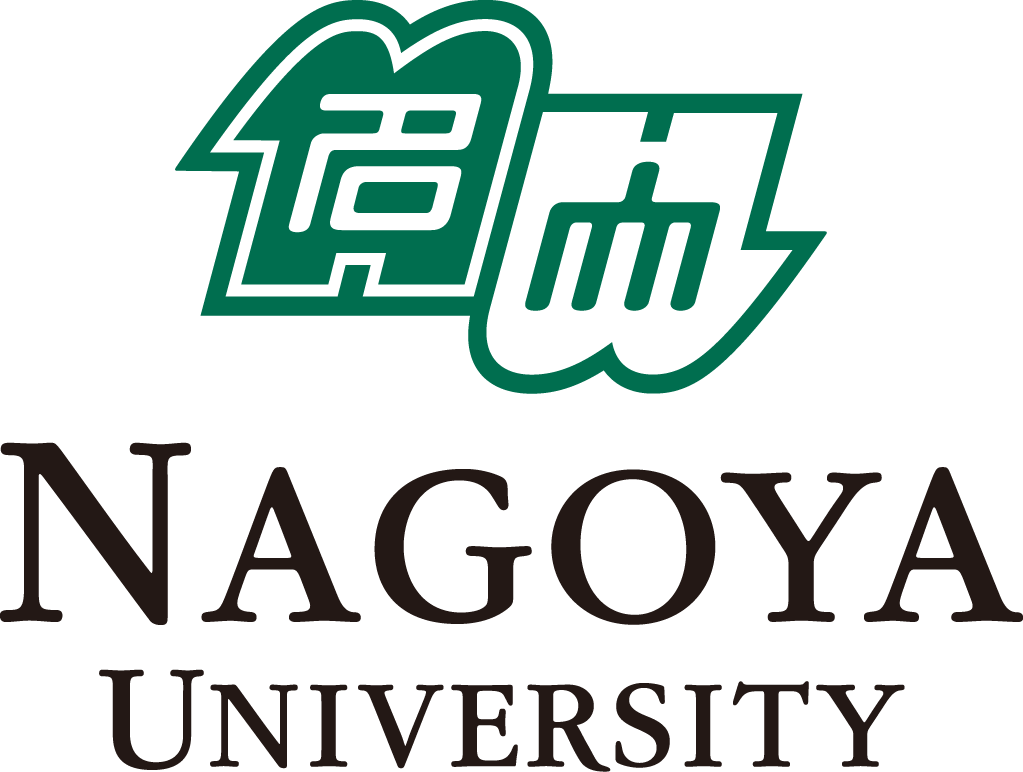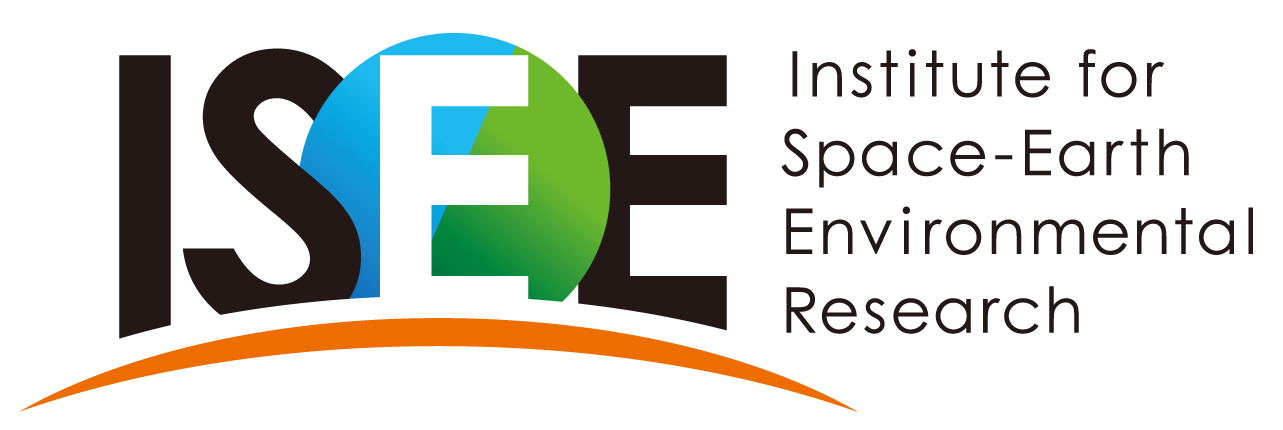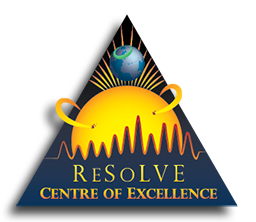| Information
Location: ISEE Nagoya, Japan
Dates of the meeting; 02-06 October 2018
Conveners: Fusa Miyake and Ilya Usoskin
Funding: : Funding will be provided by ISEE.

|
| Motivation
The Sun sporadically produces energetic eruptive events, which provide an essential insight into physics of astroparticle acceleration in conditions unreachable in vitro. Moreover, they may affect Earth and form an important hazard for our technologically developed society. Space-based technologies, such as navigation, communication, remote sensing, etc. are vulnerable to the effects caused by such events, which can have dramatic consequences. Although we have quite an extensive dataset of direct data for the last decades, it is still insufficient to address open questions related to extreme solar eruptive events: what is an extreme solar event? How strong can it be? How often do they occur? What can be the worst-case scenario for such an event? Answering these question is crucially important for both academic science and practical applications. For that, a combined approach using proxy data and state-of-the-art models needs to be developed.
Presently, different sets of data and models are used to study extreme solar events: ~70 years of direct observations; tens of thousand years of terrestrial cosmogenic isotope data, including the famous event of 775 AD; millions of years using cosmogenic isotopes in lunar rocks; and statistic of thousand of stellar observations during the last decade. All these datasets and methods are studied by different groups with little communication between each other. We propose that the efforts will be discussed and coordinated.
Here we propose to bring together world-top scientists in related fields to attack the problem in a coherent way in different fields and to develop a consensus view on the extreme solar eruptive events, their occurrence probability and consequences. The workshop is timely as new data appear which are not always consistent with each other, and a joint effort is needed to understand and interpret the new information. The conveners are experts in the field: Prof. Ilya Usoskin has deep expertise in modelling and interpretation of solar energetic particle events, including the method of cosmogenic isotopes, Dr. Fusa Miyake is an expert in experimental method of cosmogenic data -- she was the first to discover the famous historical solar event of 775 AD.

|
| Program
The following topics will be discussed:
- theory of flares/CME and particle acceleration and data for the space era;
- terrestrial cosmogenic data: 14C measurements, new datasets, 10Be+36Cl;
- modelling and interpretation;
- stellar superflares and their application to the Sun;
- solar energetic particles in lunar rocks;
- terrestrial and technological implications;
- worst case scenario;
See a detailed program here.

|
| Participants
- M. Baroni, France;
- E. Cliver, USA;
- C. Dyer, UK;
- H. Hayakawa, Japan;
- T. Jull, USA;
- K. Kusano, Japan;
- H. Maehara, Japan;
- F. Mekhaldi, Sweden;
- F. Miyake, Japan;
- M. Oinonen, Finland;
- D. Sokoloff, Russia;
- S. Poluianov 1, 2, Finland;
- E. Rozanov 1, 2, Switzerland;
- I. Usoskin, Finland;
- L. Wacker, Switzerland;
- F. Wang, China;

|
| Publication
During the workshop we expect to reach a coherent approach, filling gaps in data, synchronization of models and, as the main result, presentation of a reliable estimate of the extreme solar event statistic and occurrence rate as well as the practical worst-case scenario. A joint consensus review-type publication is planned in the form of an IOP e-book.

|
| Venue
Research Institute Building II, 3F Hall
Institute for Space-Earth Environmental Research (ISEE)
Higashiyama Campus, Nagoya University
Advices on access can be found
here
and here.

|
| Travel
The travel (flight tickets and accommodation) will be arranged via ISEE.
·Flight ticket
We'd like to kindly ask you to select your convenient flight plan and tell it to the organizers.
Please do not book your own flights before contacting the organizers.
·Accommodation
We will offer the in-campus guest house from Mon 1 Oct to Sun 7 Oct (check-in: 1 Oct, check-out: 7 Oct).
In the guest house, there is not a reception. So, the organizers will hand over a key of the guest house/room to you at the venue.
Please come to the venue directly when you arrive at Nagoya University.
Check-in of the guest house starts from 15:00. You are free to use the venue on 1st Oct. We have a reception on 1st Oct (17:30-) at the venue.
If you want to book another your favorite hotel, please contact to the organizers.

|
| Contact
Local organization and scientific program: Fusa Miyake ---> fmiyake_AT_isee.nagoya-u.ac.jp
Scientific program and publication: Ilya Usoskin ---> ilya.usoskin_AT_oulu.fi
Travel arrangements: Jun Nagahiro ---> nagahiro_AT_isee.nagoya-u.ac.jp
Please replace _AT_ with @.

|





